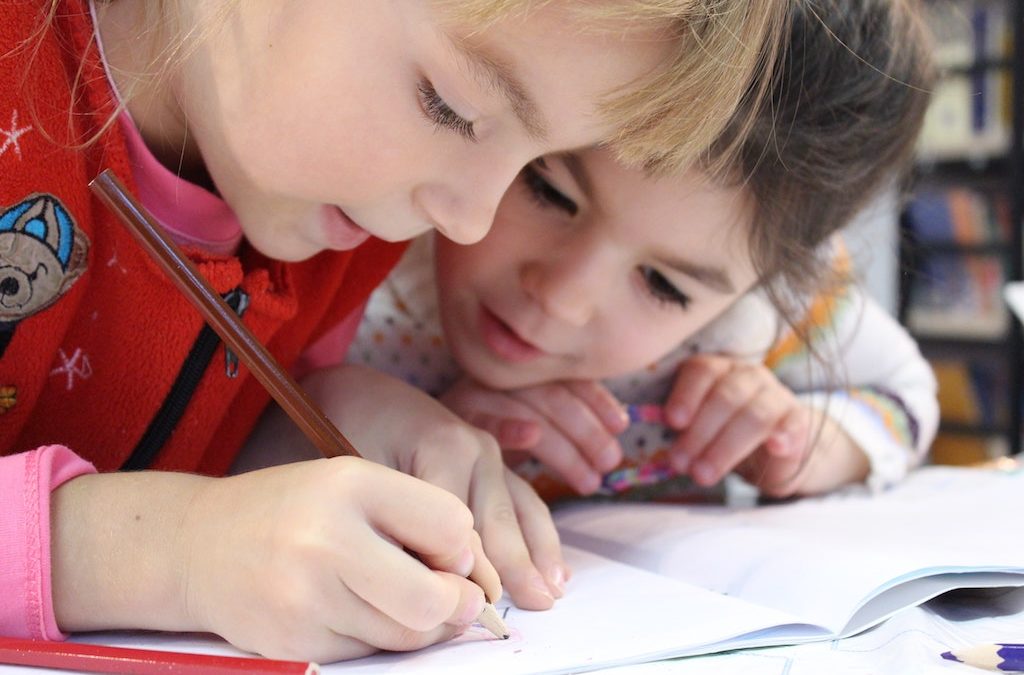Read the detailed description of Quest's Summer Camp information!
Assisting Children to Better Solve Problems
Resiliency or the ability to bounce back when something unexpected or negative happens is a life skill that is often linked with health and happiness. It is of critical importance to help children become better problem solvers. This is especially true for children with special needs. There are many tips to assist people in helping children to be more proficient in there problem solving abilities.
Tips to Assist Children with Problem Solving:
1. Celebrate and Recognize Kids’ Successes. Being an active problem solver by approaching problems positively and openly is a huge skill that can be taught. Reward and acknowledge the improvements you see developing over time to encourage kids and their growth.
UPCOMING PROGRAMMING
School Year Programming
School year therapy groups are ten-week afternoon therapeutic groups that are designed to provide therapy by specifically targeting individualized goals for our campers.
A minimum of one hour includes therapeutic activities that heavily target the development of social skills, emotion regulation, and positive behaviors, while the next hour focuses on further skill development by providing a variety of experiential activities as part of a group to create opportunities to observe the child in a natural setting and intervene to facilitate change. Some quarters provide a special emphasis to improve skills, while other quarters have a more general offering based on the campers’ interests and often include programming in areas such as video game making, drama, art, movie making, etc.
Spring Group Started March 19th (Fullerton)
Summer Programming
Quest’s intensive summer program offers 7 weeks of programming (6 weeks of day camp and 1 week of residential). The summer program includes individualized behavior plans, group therapy, occupational therapy, a social thinking curriculum, mindfulness activities, yoga, soccer, games in the park, and field trips (beach, Boomers, Rockin’ Jump, Discovery Science Center, bowling, etc.) to create a fun and engaging, therapeutic camp experience for children.
Weekly parent meetings are also included. The summer program has been found across multiple studies to significantly reduce hyperactivity, impulsivity, aggression, and inattention, while improving peer relations, family relations, athletic competency, behavioral control and self-esteem. Quest has also been found to improve social awareness, social cognition, social communication, and social problems.
Summer Camp Dates are:
June 25 through August 9th

